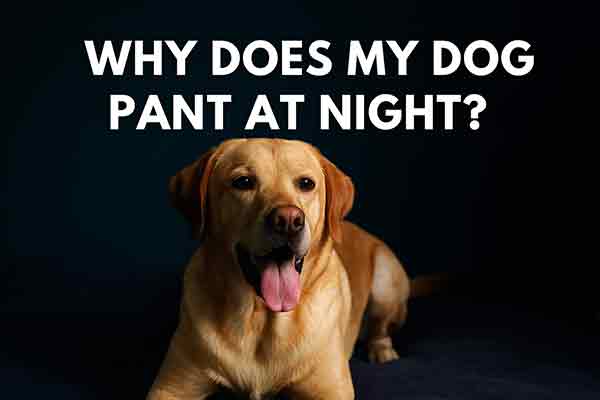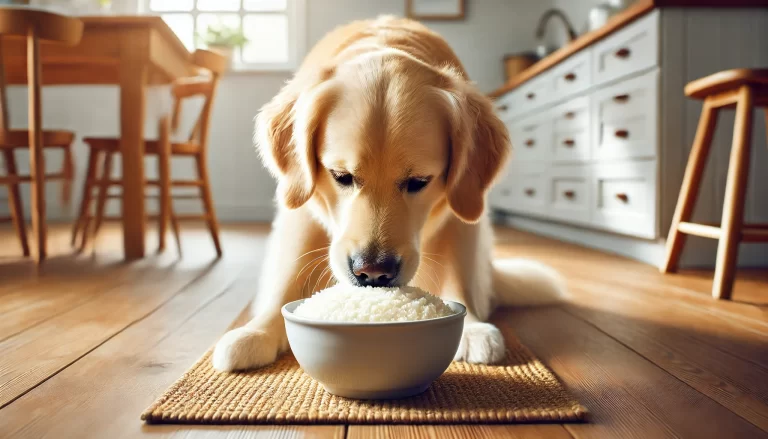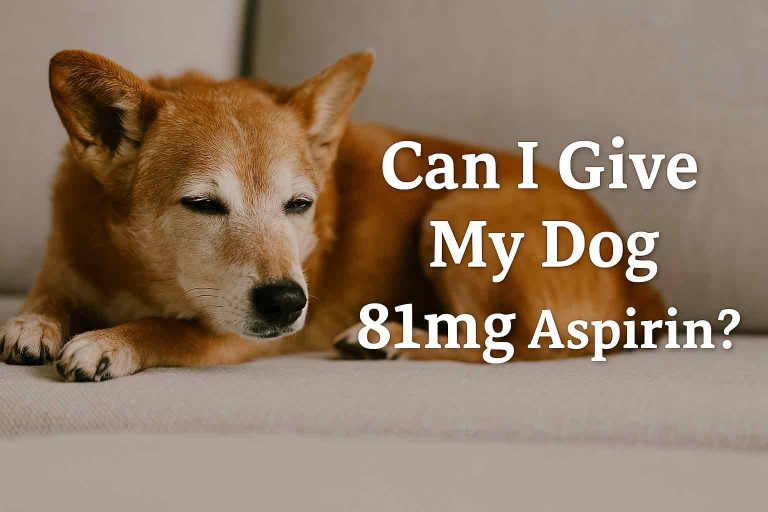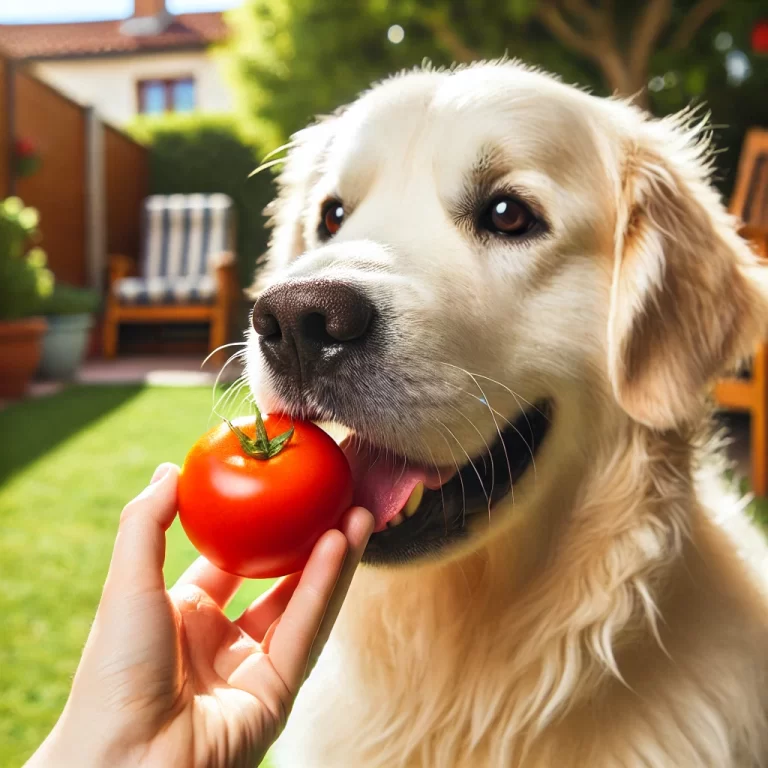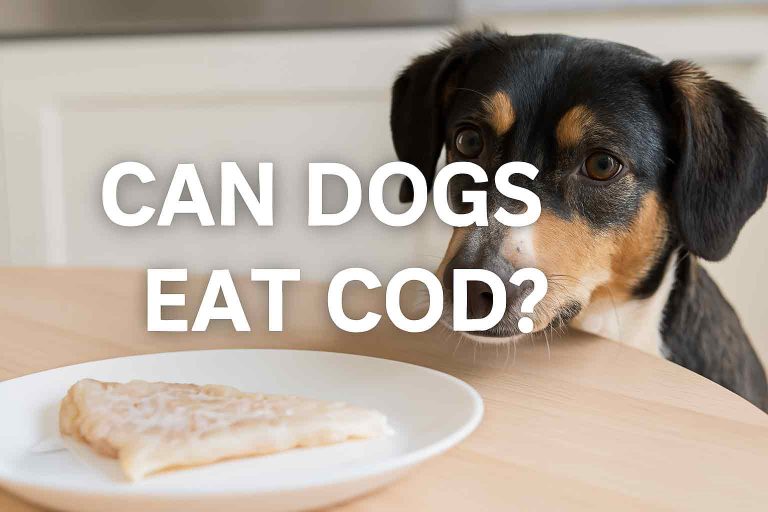Why Does My Dog Pant at Night? Causes, Concerns & Solutions
Table of Contents
- Introduction
- Is It Normal for Dogs to Pant at Night?
- Common Causes of Night Panting in Dogs
- Medical Conditions Linked to Excessive Panting
- Environmental Factors and Stress
- How to Help Your Dog Stop Panting at Night
- When to See a Veterinarian
- Tips for Better Sleep and Calm Nights
- Frequently Asked Questions
- Conclusion
Introduction
It can be alarming to hear your dog panting heavily while the rest of the house sleeps peacefully. If you’ve found yourself wondering, “Why does my dog pant at night?”, you’re not alone. While panting is a normal behavior in dogs, excessive or unexplained panting during nighttime can indicate an underlying issue. This article will help you understand the possible reasons and offer practical solutions to ensure restful nights—for both you and your pup.
Is It Normal for Dogs to Pant at Night?
To some extent, yes. Dogs regulate body temperature by panting, so mild nighttime panting might be nothing to worry about. However, if your dog is panting heavily, frequently, or combined with other symptoms such as restlessness or whining, it could signal something more serious.
Common Causes of Night Panting in Dogs
Several everyday factors can cause your dog to pant at night. These include:
- Heat: Dogs don’t sweat like humans; panting helps cool them down. A warm room or bed may cause overheating.
- Exercise Before Bed: If your dog played or exercised in the evening, they may still be cooling off hours later.
- Excitement or Stimulation: A change in routine, new visitors, or loud noises can increase adrenaline levels and cause panting.
- Full Bladder: If your dog needs to go outside but hasn’t had the chance, they may pant due to discomfort.
Medical Conditions Linked to Excessive Panting
Persistent or intense panting at night can sometimes point to underlying health issues. Conditions include:
- Pain or Injury: Dogs may pant when they’re in pain from arthritis, injury, or other discomforts.
- Heart Disease: A dog with heart problems may have trouble breathing while lying down, leading to nighttime panting.
- Respiratory Disorders: Conditions like laryngeal paralysis, bronchitis, or collapsing trachea can cause labored breathing.
- Cushing’s Disease: A hormonal imbalance that causes excessive panting, particularly at night or during rest.
- Obesity: Overweight dogs often struggle to regulate body temperature and may pant more during sleep.
Environmental Factors and Stress
Beyond health and activity, stress plays a big role in why dogs pant at night. Some common triggers include:
- Separation Anxiety: Dogs left alone at night or crated may become anxious and begin panting.
- Noise Phobias: Thunderstorms, fireworks, or even a neighbor’s loud TV can trigger stress responses.
- New Environments: A recent move or vacation may disrupt your dog’s sense of security.
How to Help Your Dog Stop Panting at Night
If your dog’s panting isn’t caused by a serious medical condition, there are steps you can take to help them relax:
- Keep the Room Cool: Use fans, AC, or cooling beds to lower the temperature in your dog’s sleeping area.
- Hydration: Make sure your dog has access to clean, fresh water at all times.
- Comforting Sleep Area: Create a calm, quiet, and comfortable space for bedtime.
- Calming Aids: Pheromone diffusers, anxiety wraps, or calming chews may reduce nighttime stress.
- Consistent Routine: Stick to regular feeding, walking, and bedtime schedules.
When to See a Veterinarian
It’s time to seek veterinary attention if you notice:
- Panting that worsens over time or occurs nightly
- Other symptoms such as coughing, vomiting, or limping
- Signs of pain (e.g., yelping, stiffness, hiding)
- Changes in appetite, behavior, or energy levels
Your vet may perform blood tests, X-rays, or cardiac exams to diagnose the cause and offer treatment options.
Tips for Better Sleep and Calm Nights
Here are additional tips to promote restful nights for both you and your furry friend:
- Pre-bedtime Walks: A gentle walk can help expend energy and encourage relaxation.
- Soothing Music: Soft, ambient noise can drown out external disturbances.
- CBD or Natural Calming Supplements: Ask your vet about safe options for nighttime use.
- Nightlights: Older dogs may feel more secure with low lighting in unfamiliar environments.
Frequently Asked Questions
Why does my older dog pant at night?
Aging dogs may develop health issues such as arthritis, cognitive dysfunction, or heart disease, all of which can cause nighttime panting.
Is it okay if my puppy pants while sleeping?
Mild panting can be normal, especially after active play, but consistent or labored panting may require attention.
Should I wake my dog if they’re panting in their sleep?
If your dog appears distressed, gently wake them and offer water or comfort. If it happens often, consult a vet.
Conclusion
So, why does your dog pant at night? The answer can range from simple environmental factors to more serious medical conditions. Monitoring your dog’s behavior, maintaining a calming bedtime routine, and consulting a vet when needed are key to keeping your pet healthy and relaxed. Don’t ignore consistent nighttime panting—it may be your dog’s way of asking for help.

